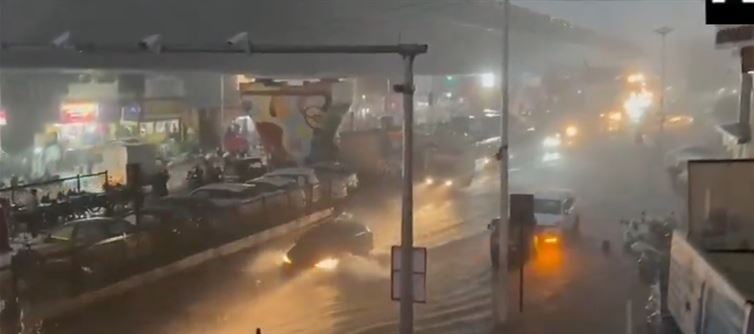
What makes the situation even more troubling is the glaring absence of media scrutiny. Unlike Bengaluru, which routinely garners headlines and social media outrage over urban mismanagement, Bhosari’s plight goes largely ignored—thanks in part to a media ecosystem reluctant to question the BJP’s stronghold in Maharashtra. With the party controlling 132 seats in the state, dissent is often drowned out or deflected. The ruling party's grip over local institutions and media narratives ensures that even when glaring failures occur, accountability is diluted, and public outrage is subdued.
Adding fuel to the fire are the corruption allegations and legal entanglements that seem to swirl around the local leadership. Mahesh Landge himself, along with others in the BJP's state machinery, has come under fire with accusations ranging from infrastructure scams to electoral fraud, with a high court notice recently issued over suspected voter list manipulation. Yet, instead of facing consequences, these leaders appear emboldened, protected by their party’s dominance and lack of public pressure. Meanwhile, residents of Bhosari are left to suffer—paying the price in flooded streets, damaged property, and shattered trust.




 click and follow Indiaherald WhatsApp channel
click and follow Indiaherald WhatsApp channel